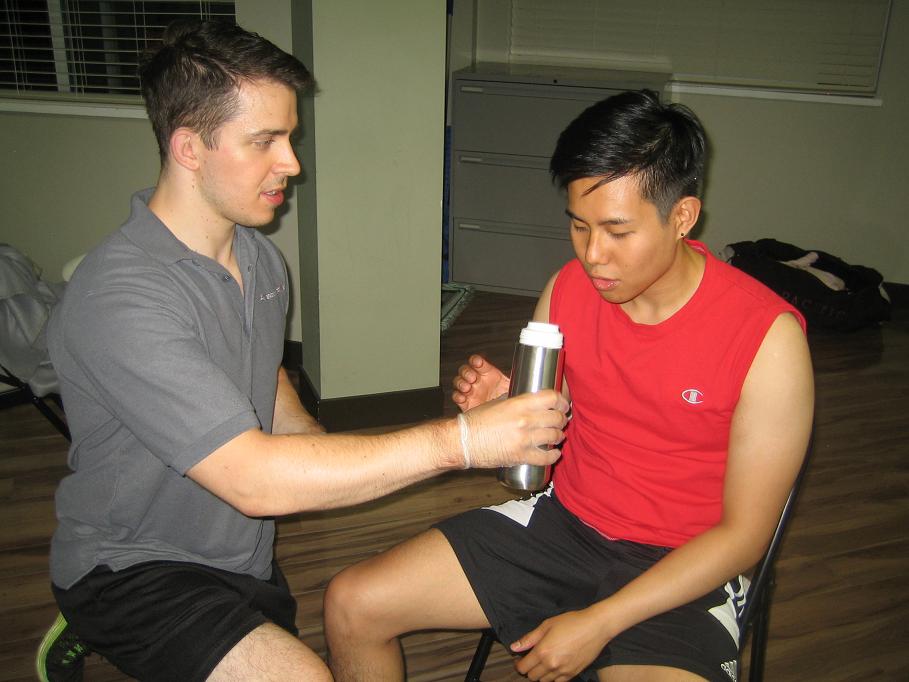Laryngitis is the inflammation of the voice box. This is on one of the most commonly reported conditions that occurs in our larynx. The usual causes of laryngitis are infections including viral and bacterial respiratory infections and damages to the larynx. The most observable symptom of laryngitis is hoarseness of the voice. First aid management of laryngitis is usually enough, especially for mild cases. Treatment usually includes treatment of the underlying cause, avoiding smoking, and management of allergies.
What are the symptoms of laryngitis?
The symptoms usually begin suddenly and then it gets worse for about two to three days and eventually gets better within a week. The most common observable symptoms are hoarseness or loss of voice and sore throat. You may also have other symptoms such as difficulty speaking, mild fever, irritating cough and a constant need to clear the throat.
In most cases, you may also have other conditions when you have laryngitis. Other illness such as Colds, flu, throat infection and tonsillitis are associated with laryngitis. Thus, you may experience other related symptoms such as headache, swollen glands in the neck, runny nose, pain when swallowing and generalized muscle pain. Since laryngitis usually gets better within a week or so, you don’t need to see your doctor. However, in the event that you develop difficulty of breathing, make an appointment as soon as possible.
What to do when you have laryngitis?

In most cases, inflammation of the larynx usually gets better quickly without treatment. However, there are a number of things you can do as first aid management of laryngitis to prevent it from developing further and avoid potential life-threatening complications. These may include the following:
- Rest your voice will help relieve inflammation of the larynx.
- Avoid smoking, or allergens
- Drink plenty of fluids except those with caffeine or alcohol to prevent dehydration
- Take painkillers, antipyretics or ibuprofen for headaches, fever and any associated pain
- Sore throat may be relieved by warm gargle (of mouthwash or water with salt)
- Should you have difficulty of breathing, contact your doctor as soon as possible.
Prevention of laryngitis can be difficult because it is often caused by viral infections such as cold and flu. However, you can decrease the risk of developing laryngitis by maintaining good hygiene, avoiding irritants such as smoke or allergens, limiting alcohol consumption, not shouting loudly or straining your vocal cords frequently.
Reference:
Medlineplus. Laryngitis. Retrieved on July 2, 2014 from http://www.nlm.nih.gov/medlineplus/ency/article/001385.htm.

